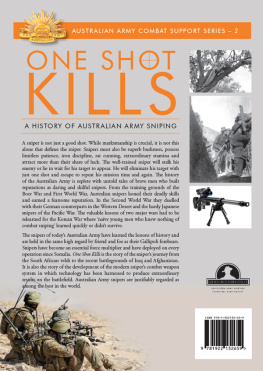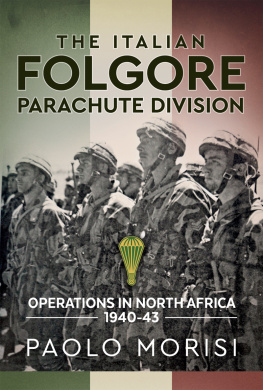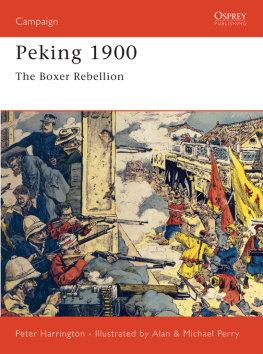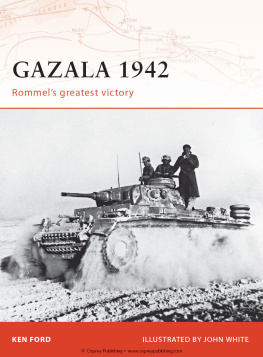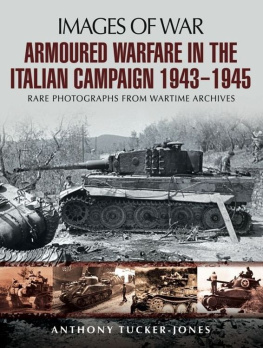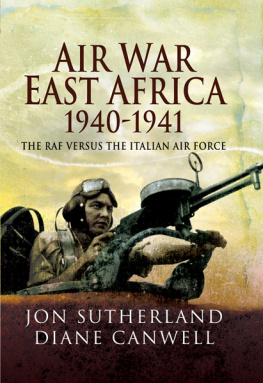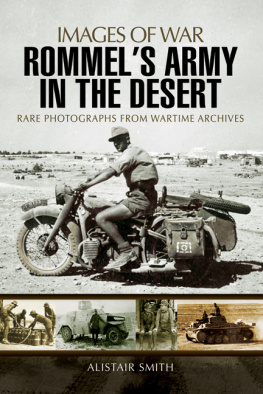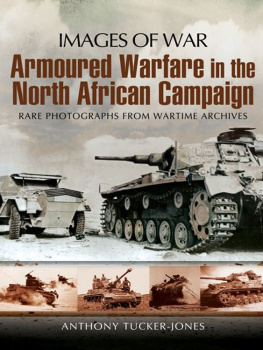
| Australian Army Campaigns Series 2 |
THE WESTERN DESERT
CAMPAIGN 194041
Second Edition
GLENN WAHLERT
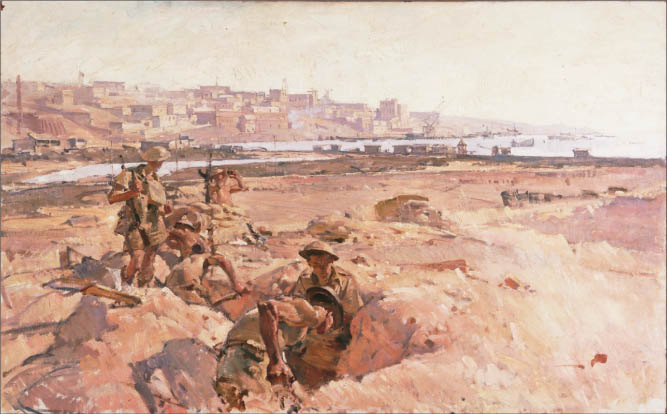
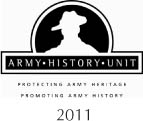
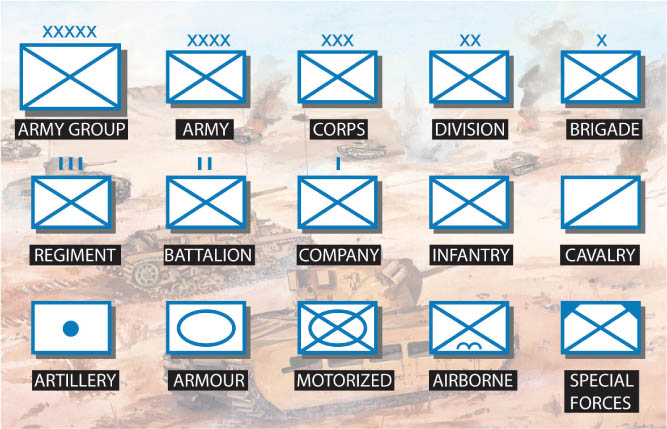
Copyright Army History Unit
Campbell Park Offices (CP4-2-31)
Canberra ACT 2600
AUSTRALIA
(02) 6266 4248
(02) 6266 4044 fax
Copyright 2006 Commonwealth of Australia
First published 2006 Second Edition 2009
Reprinted 2011
This book is copyright. Apart from any fair dealing for the purposes of private study, research, criticism or review as permitted under the Copyright Act, no part may be reproduced, stored in a retrieval system or transmitted in any form or by any means, electronic, mechanical, photocopying, recording or otherwise, without written permission.
National Library of Australia
Cataloguing-in-Publication listing 940.5423: Wahlert, Glenn. The Western Desert campaign 194041.
1. World War, 19391945 Campaigns - Libya. 2. World War, 19391945 Participation, Australian.
3. Australia History, Military. I. Australia. Dept. of Defence. Army History Unit. II. Title. (Series: Australian Army Campaign Series). Bibliography. Includes index.
ISBN 0 9757669 2 9.
Art work by Jeff Isaacs
Images & Maps by Mark Wahlert
Typesetting: Margaret McNally, Canberra
Printed by: Big Sky Publishing Pty Ltd, Sydney
Front Cover: Assault on Bardia. Just before dawn on 3 January 1940, the Australian 6th Infantry Division, supported by British Matilda tanks, commenced its assault on the Italian fortress of Bardia. The Australian soldiers, dressed in extra clothing to ward off the mornings chill, made a fearsome sight in the grey pre-dawn light. Some Italians took fright, believing they were facing monsters in bullet proof vests. (AWM 069221)
CONTENTS
ABBREVIATIONS
| AA | anti-aircraft |
| AAQG | Assistant Adjutant Quartermaster General |
| Adm | admiral |
| AIF | Australian Imperial Force |
| ANZAC | Australian and New Zealand Army Corps |
| AP | armour piercing (round) |
| armd | armoured |
| AT | anti-tank |
| Aust | Australia |
| bde | brigade |
| Brig | brigadier |
| bn | battalion |
| cav | cavalry |
| C-in-C | commander-in-chief |
| CO | commanding officer |
| coy | company |
| Cpl | corporal |
| CRA | Commander Royal Artillery |
| div | division |
| DSO | Distinguished Service Order |
| fd | field |
| GOC | general officer commanding |
| hrs | hours |
| Ind | Indian |
| LH | Light Horse |
| Lt | lieutenant |
| Lt-Col | lieutenant-colonel |
| Lt-Gen | lieutenant-general |
| Maj | major |
| Maj-Gen | Major General |
| MG | machine-gun |
| NCO | non-commissioned officer |
| NZ | New Zealand |
| ORBAT | order of battle |
| Pro | provost |
| Pte | private |
| RAAF | Royal Australian Air Force |
| RAE | Royal Australian Engineers |
| RAF | Royal Air Force |
| RAN | Royal Australian Navy |
| regt | Regiment |
| RN | Royal Navy |
| RTR | Royal Tank Regiment |
| Sgt | sergeant |
| sqn | squadron |
| Tpr | trooper |
| WWI | World War I |
| WWII | World War II |
THE WESTERN DESERT CAMPAIGN 1940-41
THE STRATEGIC SETTING
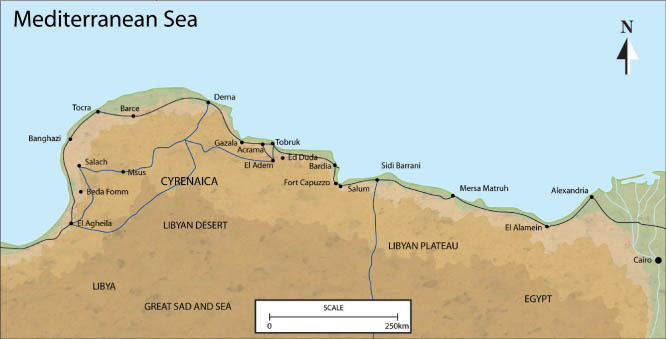
Western Desert
Mussolinis Grand Designs
In 1915 Italy was enticed by Britain and France to join the war against the Central Powers. The carrot was a promise that Italy would be able to satisfy her territorial ambitions against Austria-Hungary. In the postwar settlement, however, Italy did not receive the rewards promised and this provoked bitter resentment amongst the Italian nationalists. Another source of nationalist resentment was the fact that the European powers had annexed almost all of the worthwhile African colonies. Italy was left with a few marginal areas once the other nations had taken their pick. This dissatisfaction with the status quo, together with almost insurmountable political and economic ills, created the setting for the rise of Benito Mussolini and his Fascist Party which gained power in 1922. This social, political and economic environment was not too dissimilar to that which gave rise to Adolf Hitler and the Nazi Party in Germany a decade later.
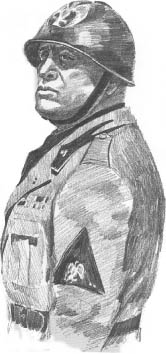
Benito Mussolini was born in 1883 and served as a junior non-commissioned officer in World War I. After the seizure of power by his Fascist Party in 1922 he ruled Italy as a dictator. His ambition was to restore Romes ancient prestige. To this end he expanded Italys military forces to such an extent that they could be neither adequately maintained nor sustained. (Art by JeffIsaacs)
Mussolini longed to restore the glory of the days of the Roman Empire, but Italys economic and industrial weakness and the relative strength of France and Britain restricted his expansionist dreams. However events in the early 1930s offered Mussolini hope. Japan had occupied Manchuria in 1931 and, while this provoked widespread condemnation, no major power had intervened. In 1935 Hitler renounced the Treaty of Versailles and openly expanded and strengthened his armed forcesagain neither France nor Britain took any meaningful action. Britains response was to adopt a policy of appeasement towards Germany.
Encouraged by these events Mussolini invaded Ethiopia in October 1935a move that was seen by Britain as a potential threat to Egypt. While Britains only response to Germanys actions in 1935 had been to pursue a strategy of appeasement, Italys conduct was roundly condemned by the British. Sanctions were imposed and the British fleet in the Mediterranean mobilised. Mussolini exploited Britains actions, further inflaming nationalist sentiment and uniting his people behind him. Ironically, this also strengthened the bonds between Italy and Germany and clearly influenced Mussolinis decision to join Germany in committing troops in support of the Nationalist rebels in the Spanish Civil War in mid-1936.
In the second half of the 1930s, Mussolinis respect and admiration for, and perhaps even jealousy of, Hitler reached new heights given the ease with which Hitler appeared able to manipulate Britain and France. In 1938 Hitler annexed Austria and the Sudetenland, with Czechoslovakia falling to Germany within six months. These actions failed to merit serious intervention from Britain or France.
Next page

